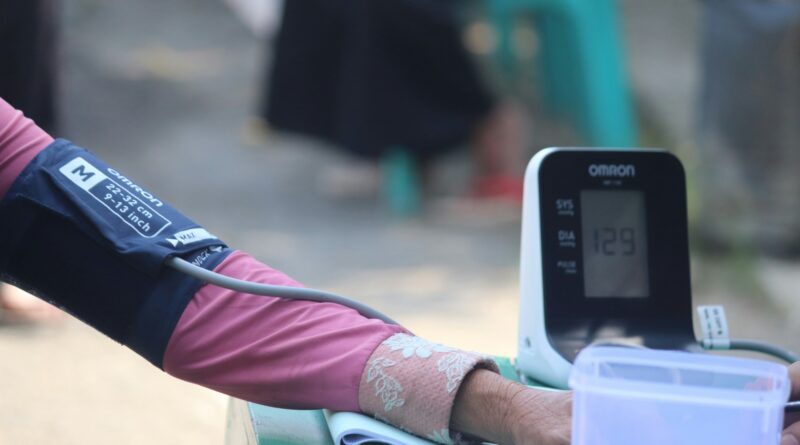Why Young People Are Getting This ‘Old’ Heart Condition?
Samir Lahiri is an Indian in his early 30s who lives in upstate New York. He was born and raised in the US and worked in an advertising agency. For the last month, he has felt some weirdness in his body, especially his heart. He consulted a cardiac specialist, who told him he heard an erratic heartbeat and felt fainting.
Samir is not a rare young person who suffers from these syndromes. Atrial Fibrillation or Afib disease – an irregular and often very rapid heart rhythm is now not uncommon in young adults. It is generally considered an old disease, usually found in patients who are more than 65 years. Doctors predict that Afib cases among young people are because of sudden lifestyle changes, hypertension and unusual stress. A few months ago, the New York Times reported about a study conducted at the University of Pittsburgh Medical Center, which found that more than 67,000 patients were treated for atrial fibrillation or Afib, and nearly a quarter were younger than 65. Surprisingly, the report suggested that the younger ones were more susceptible to the risk of death compared to those without the condition. Other factors like high blood pressure, sleep apnea and obesity make the cases worse.
Explaining Afib
Afib occurs when the heart’s upper chambers (atria) contract irregularly and incoherently with the heart’s lower chambers (ventricles). This can result in impaired blood circulation and a heightened risk of cardiovascular complications.
The most common reason for atrial fibrillation among younger people is rheumatic heart disease, which affects multiple heart valves. This is not the only reason for the Afib. Still, younger people suffer from hypertension, cardiomyopathies, hyperthyroidism, obstructive sleep apnea, diabetes, chronic kidney disease, and obesity can also be affected by Afib.
Who Is At Risk?
- Young people with pre-existing heart disease along with symptoms of diabetes, hypertension, increased thyroid hormone levels, or habit of binge drinking.
- Young people with obstructive sleep apnea as they struggle to get enough rest.
- There is also a correlation between alcohol consumption, smoking and Afib.
- Extreme endurance exercises like marathons and triathlons are also linked to higher risk.
Types of Afib
Atrial fibrillation can be classified into three categories:
- Paroxysmal Afib: This form of Afib appears sporadically and typically resolves on its own within a week.
- Persistent Afib: In contrast to paroxysmal Afib, this type endures for over seven days and may need cardioversion (electric shocks applied to the heart) to return to a normal rhythm.
- Long-standing persistent Afib: Similar to persistent Afib, this version continues for more than a year.
Symptoms of Atrial Fibrillation
Sometimes, in young people, Afib causes no symptoms at all; some preliminary symptoms that should be handled quickly and cautiously are:
- Angina (chest pain caused by a reduced blood supply to the heart muscle)
- Dizziness
- Fainting (syncope)
- Fatigue
- Palpitations (feeling like the heart is fluttering or racing)
- Weakness
- Shortness of breath
How To Diagnose and Treat
Blood tests can initially show any anomalies that might influence heart function. An ECG provides insights into rhythm irregularities. Portable Holter monitors and even recorders are used to monitor heart activity over a period, capturing intermittent arrhythmias.
Stress tests evaluate heart performance during physical activity, while chest X-rays provide more information about the heart and lungs. Together, these diagnostic tools help accurately diagnose AFib and decide on suitable treatment.
Ablation is an effective therapy for atrial fibrillation. According to the Johns Hopkins School of Medicine, ablation is a procedure that uses small burns or even freezes heart cells to cause scarring inside the heart that helps break up or insulate the electrical signals that cause erratic heartbeats.
Get updates and read additional stories on the Health Orbit Fan Page.
For Guest posts, Sponsored posts and other details, please click the ‘Contact Us’ page.


